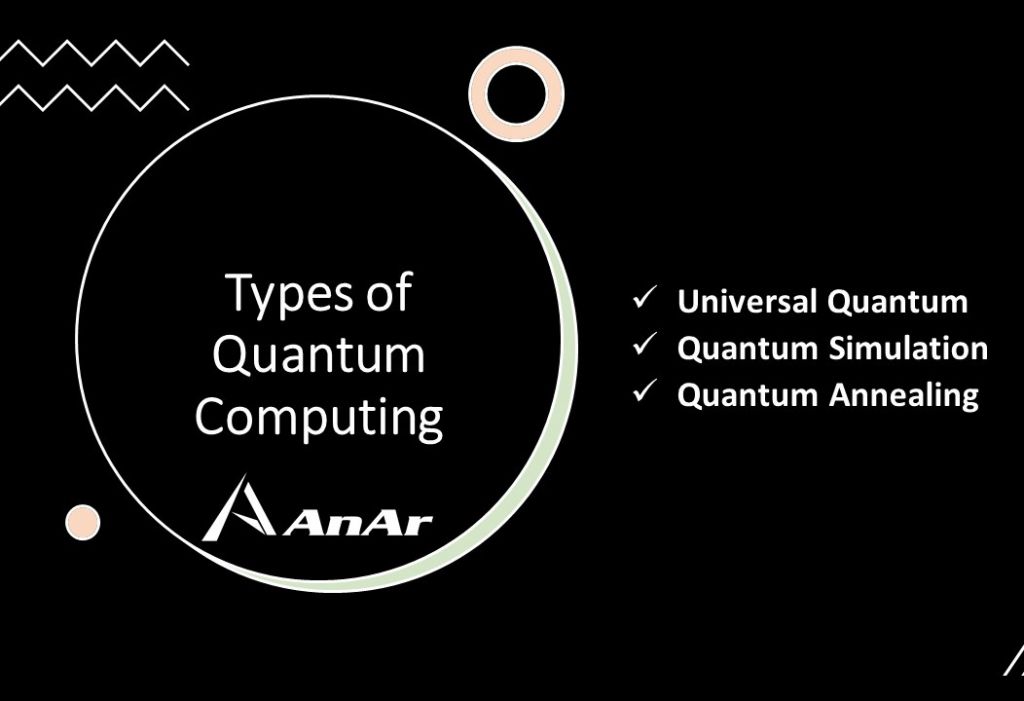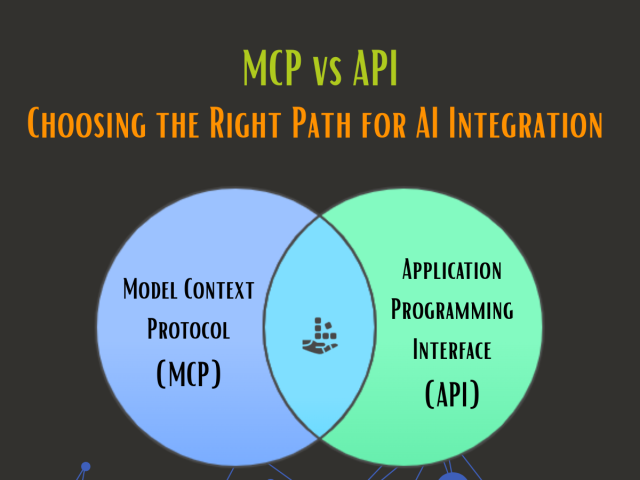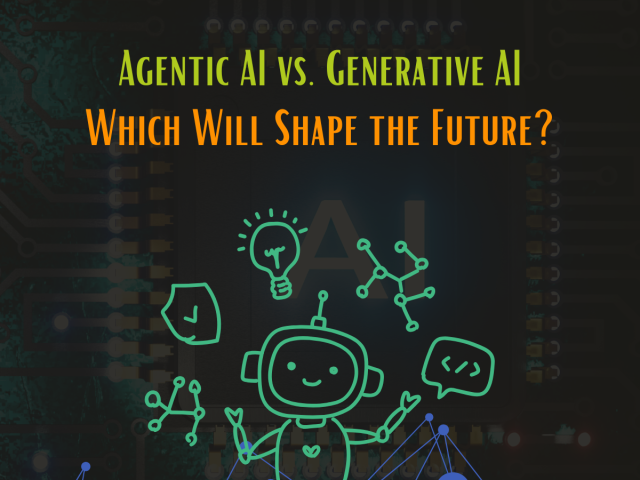In the ever-evolving landscape of technology, one paradigm shift stands out as a beacon of immense potential – Quantum Computing. It represents a leap forward in computer technology, rooted in the profound principles of quantum theory. Offering unprecedented computational power, it promises to revolutionize problem-solving across diverse fields through the deployment of advanced algorithms.
At the heart of quantum computing lie three fundamental phenomena: probabilistic computation, superposition, and entanglement. These elements imbue quantum systems with a capacity for simultaneous calculations of staggering complexity. One standout example is Peter Shor’s quantum algorithm, capable of accurately calculating prime factors of extraordinarily large numbers.
Speed is the linchpin of this new era. Imagine receiving search results instantaneously, as opposed to a step-by-step process. For instance, querying the top 10 investable shares in the Pharmaceutical sector for 2020 would yield results in a fraction of the time it would take classical computers.
As researchers delve deeper into harnessing the potential of quantum processors, the promise of reduced task execution times, faster response rates, and accelerated workflows beckons. This shift is poised to reshape the technological landscape, setting the stage for a quantum-powered future.
Speed is the linchpin of this new era. Imagine receiving search results instantaneously, as opposed to a step-by-step process. For instance, querying the top 10 investable shares in the Pharmaceutical sector for 2020 would yield results in a fraction of the time it would take classical computers.
As researchers delve deeper into harnessing the potential of quantum processors, the promise of reduced task execution times, faster response rates, and accelerated workflows beckons. This shift is poised to reshape the technological landscape, setting the stage for a quantum-powered future.

Types of Quantum Computing
A quantum computer uses qubits also known as quantum bits.

- Universal Quantum: Uniting Shors’ algorithm for factoring numbers, Grover’s algorithm for quick search in unstructured data, and many more algorithms needed to build a universal quantum computer.
- Quantum Simulation: Simulators are software programs to test and run quantum algorithms/programs on classical computers.
- Quantum Annealing: It focuses on finding the best possible configuration among the most possible combinations of variables. It can successfully reduce the air or land traffic; provide the best routing to save time, costs, and fuel. Huge benefits for airlines, logistics companies.
Quantum Mechanics and its RELATIONSHIP with Quantum Computing
The application of technology will depend on the quantum mechanical phenomena. Quantum computing is based on the study of how we can amalgamate information science and technology. The interpretations of probability theory impact the role of measurement in quantum mechanics.
Effect of Quantum Measurement in Quantum Computing
It adds to the freedom of treating the problem by superposition and entanglement empowering a quantum computer to process limitless calculations simultaneously.
Entanglement in Quantum Computing
It is a phenomenon of quantum mechanics, which is about the ability of two or multiple quantum particles to entangle. The application of any process on a particle will not be limited to that particular quantum particle instead applies to entangled particles.
Superposition in Quantum Computing
Qubits can exemplify plentiful combinations of 1 and 0 at the same time. The ability to be in multiple states is known as superposition.
How does Quantum Computing add power to decision making?
Quantum computers can solve complex problems and provide solutions that classic computers cannot offer. Traditional computers cannot handle the enormous data generated all over the globe by millions of users. Continuous investment in new technology is a challenge but a need of time. Availability of everything online demands speed, agility, and ingenuity.
Less action time and dependable solutions encourage and strengthen decision-making. Serviceability is a key factor when dealing with customers. Google claims its quantum computer is at least 100 times faster than existing systems.
Industries that will benefit from Quantum Computing
- Cybersecurity
- Telecommunications
- Electric Vehicles
- Finance
- Renewable Energy
- Agriculture
- Aerospace
- Advanced Manufacturing
- Logistics
- Healthcare
- Cloud Computing
- Cryptography
- Defense
- Artificial Intelligence
Machine learning efficiency will increase with the use of quantum technology. ML & AI are two main areas of research when it comes to the application of quantum computing algorithms. The combination of AI and QC will fight fraud detection in the banking sector.
A fully developed quantum computer can easily evaluate most complex processes and find optimum configurations of chemical reactions. This will help in pharmaceutical drugs and fertilizer manufacturing. It can monitor glucose levels in the blood. Keep a check on the temperature of cold-chain management for vaccines.
The advanced manufacturing techniques will make devices that use inks in 3D-print novel electronic devices. The combination of advanced manufacturing and unique ways of measuring the properties and quantum wave modeling made it possible.
Quantum technology can create wonders in healthcare. The patients of Alzheimer’s and Parkinson’s are likely to receive a diagnosis that is more accurate. Automobile manufacturing companies like Volkswagen and Daimler currently use quantum computers to simulate the chemical composition of e-Vehicle batteries. It aims at finding new ways to improve battery performance.
Recent Developments in Quantum Computing



- Google’s Quantum Supremacy Demonstration: In 2019, Google claimed to have achieved quantum supremacy, where their quantum computer solved a specific problem that would take classical supercomputers an impractical amount of time. This marked a significant milestone in the field.
- IBM Quantum Roadmap: IBM has been at the forefront of quantum computing research. They unveiled a roadmap in 2020, outlining their plans to develop increasingly powerful quantum computers. This included plans for a 1,121-qubit quantum processor by 2023.
- Microsoft’s Topological Qubits: Microsoft is pursuing a different approach to quantum computing based on topological qubits, which are expected to be more stable than other types of qubits. They have been making strides in developing these qubits and the associated hardware.
- Quantum Advantage in Chemistry and Material Science: Quantum computers have shown promise in simulating molecular structures and interactions. This has implications for drug discovery, materials science, and other fields where understanding molecular behavior is crucial.
- Advancements in Error Correction: Error correction is a critical challenge in quantum computing. Researchers have made progress in developing codes and techniques to mitigate errors and improve the reliability of quantum computations.
- Venture Capital Investment in Quantum Startups: There has been a surge in investment in quantum computing startups. Companies like Rigetti Computing, IonQ, and D-Wave have garnered substantial funding to advance their quantum technologies.
- Quantum Computing in Cloud Services: Several companies, including IBM and Google, have started offering cloud based access to their quantum computers. This allows researchers and developers to experiment with quantum algorithms and applications.
- Research in Quantum Algorithms: There has been ongoing research in developing quantum algorithms that can outperform classical algorithms for specific tasks. This includes algorithms for optimization, machine learning, cryptography, and more.
- Partnerships for Quantum Applications: Many companies are exploring partnerships with research institutions, universities, and other organizations to explore and develop practical applications for quantum computing across various industries.
- Government Initiatives and Funding: Governments in various countries have recognized the strategic importance of quantum technologies. They have been providing funding and resources for research and development in quantum computing.
Benefits of Quantum Computing
- Quantum computations generate probabilities
- Processing complex and massive datasets
- It can discover patterns from unsorted large datasets
- Efficiently solves certain computations
- Provides quick analysis and integration of huge data
- It efficiently simulates a quantum system
- Perfect for creating isolated systems
- Qubits can receive signals from the voltage(electrical energy), microwave and laser (Electromagnetic radiation)
- Quantum mechanics lets you build highly secure cryptography
- Increased precision in the modeling of molecular interactions
- Huge volumes of information handling will benefit the finance and banking sector
Limitations of Quantum Computing
- Quantum computers are not ready for market for the general public
- Quantum hardware is pricey
- Uncertainty of the exact theory is due to hidden variables
- Classical cryptography endangers data privacy
- Quantum computers can hack your private data
- Noise from exterior magnetic fields can affect the experimental readings
- Unwanted vibration can disturb the operation of a quantum computer
- The quantum behavior can decay or disappear due to the interaction of qubits with their environment, which is called decoherence.
- It takes thousands of standard qubits to create a single logical qubit
- Research is yet to tell us at what point will it demonstrate quantum supremacy to become a powerful supercomputer
- Results and their accuracy are dependent on the configuration of quantum algorithms, which is a challenge in quantum computing.
Heavy investments by Google, Microsoft, IBM, Intel, and Honeywell in quantum computing technology leaves us inspired to take a leap of faith for the new kind of computing. New discoveries and research are opening new realms of possibilities. Google is exploring quantum computing for rapid search on its search engine.
Innovation is globally reaching new heights as we await the computation revolution, self inquire about your thoughts on applying the newest technologies in business.




